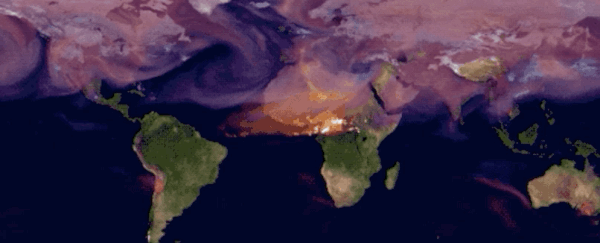There's more than one way to measure a year. If you're simply tallying up the days, weeks and months, 2019 was altogether unremarkable. But if you're looking at global climate change, that couldn't be further from the truth.
In a disturbing new post on the agency's official Tumblr account, NASA has laid out all the ways our world has been changing for the worst.
According to data from more than 20,000 weather stations and Antarctic research stations, 2019 was the second-hottest year ever recorded, beaten only by 2016.
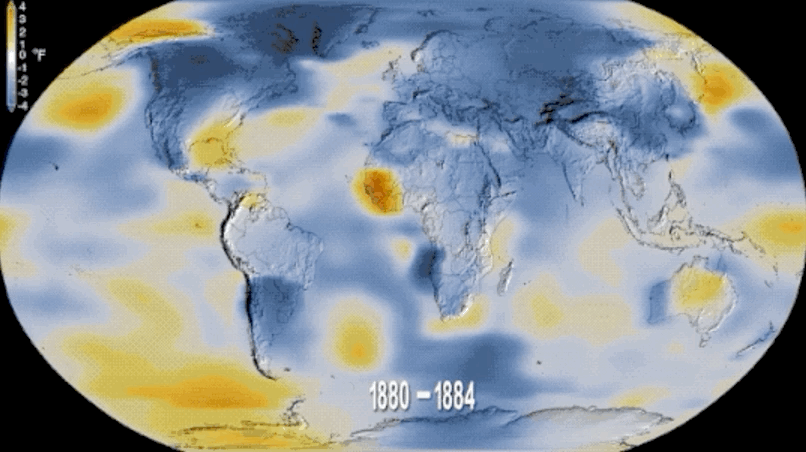
Compared to the late 19th century, when readings first began, the average global temperature on our planet is now a little more than 1 degree Celsius warmer.
Since the 1960s, each and every decade has been warmer than the last, and this one is a cherry on top.
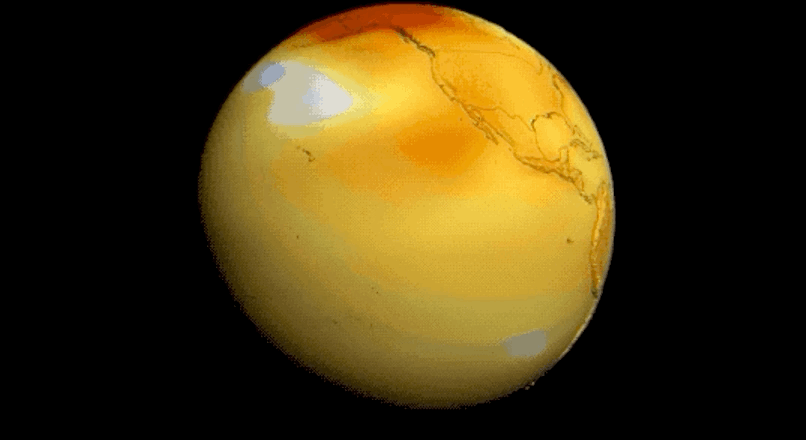
In the past five years alone, in fact, we have experienced the warmest temperatures of the last 140 years.
"We crossed over into more than 2 degrees Fahrenheit warming [roughly 1.1 degree Celsius] territory in 2015 and we are unlikely to go back," said Gavin Schmidt, director of NASA's Goddard Institute, in a recent press release.
"This shows that what's happening is persistent, not a fluke due to some weather phenomenon: we know that the long-term trends are being driven by the increasing levels of greenhouse gases in the atmosphere."
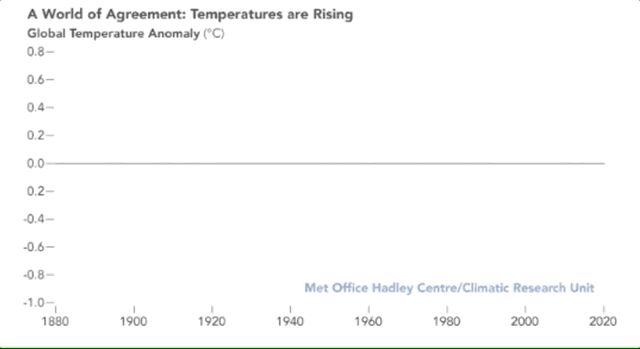
None of this is particularly surprising, given how many greenhouse gases we've been pumping into the atmosphere. Since 1750, the global annual mean CO2 level has gone up by 46 percent, and we're now experiencing the consequences.
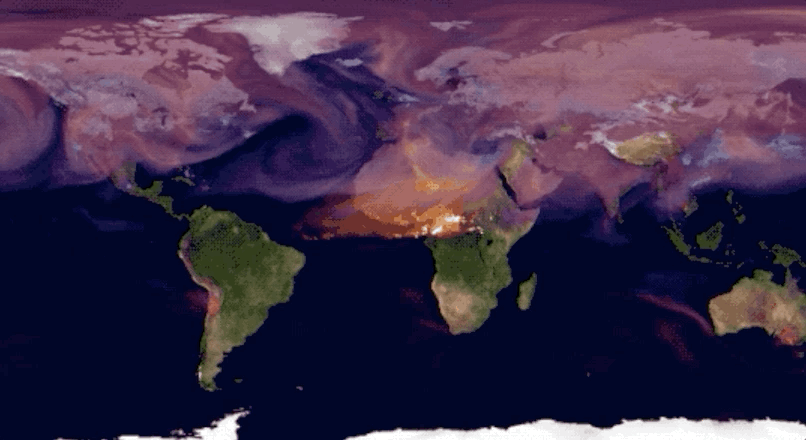
As Earth warms, polar ice is melting faster and faster, and that's especially true in the Arctic. Last year it was revealed that Greenland has started losing ice seven times faster than it did in the 1990s, and this summer, 90 percent of its ice sheet's surface melted.
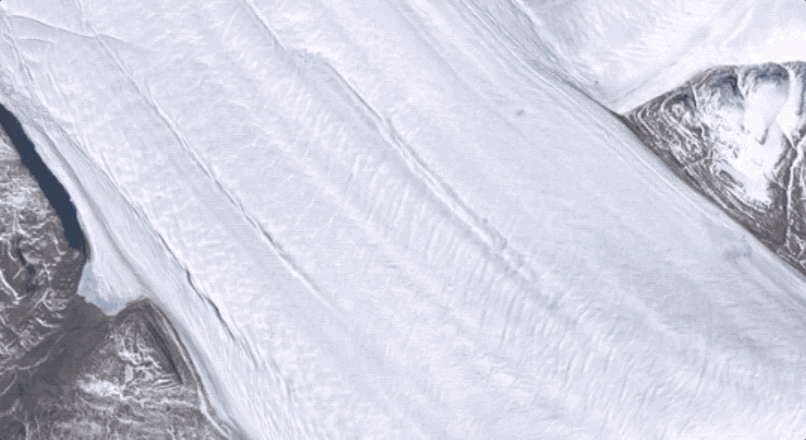
The oceans are also heating up at a rate of 5 atom bombs per second. As well as melting ice even quicker, this also inevitably causes water to expand, exacerbating the world's rising seas.
Since 1880, NASA reports global sea levels have risen by over 20 centimetres (8 inches), although some places are experiencing even worse effects.
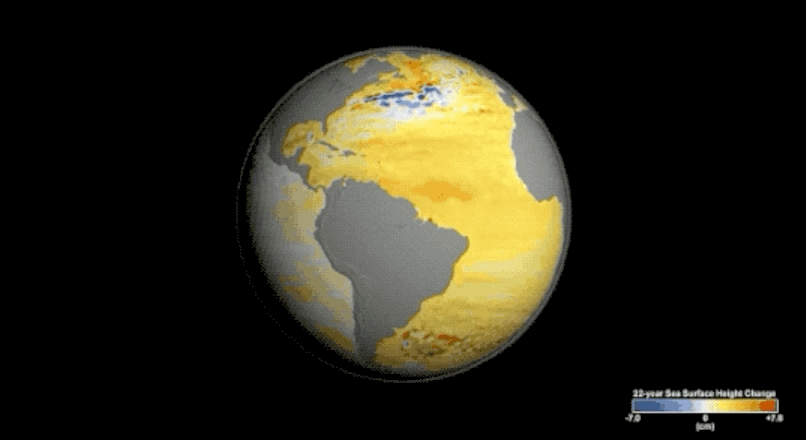
On land in 2019, the climate crisis was particularly stark. During last year's northern summer, more than 100 long-lived and intense wildfires burned north of the Arctic circle.
And at the close of the year, Australia was experiencing an unprecedented fire season, marked by several mega wildfires, burning as much as 17 million hectares of land of land, and killing over 1 billion animals and many more insects.
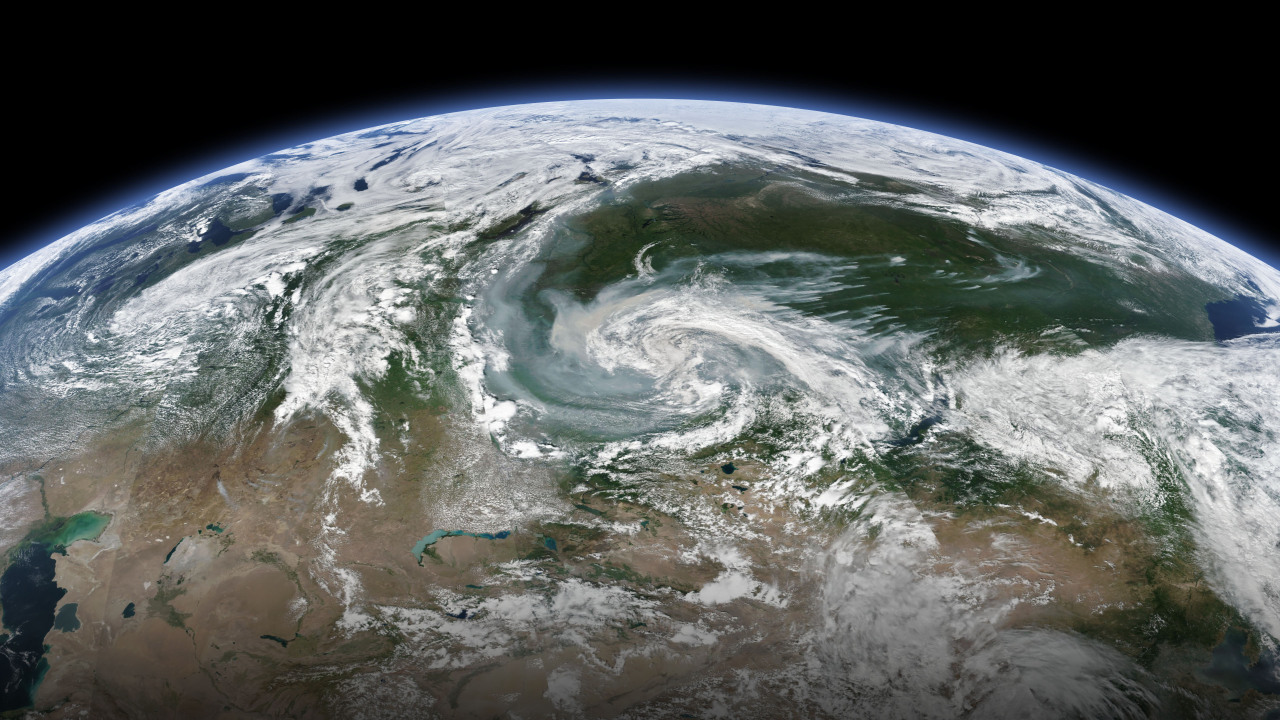
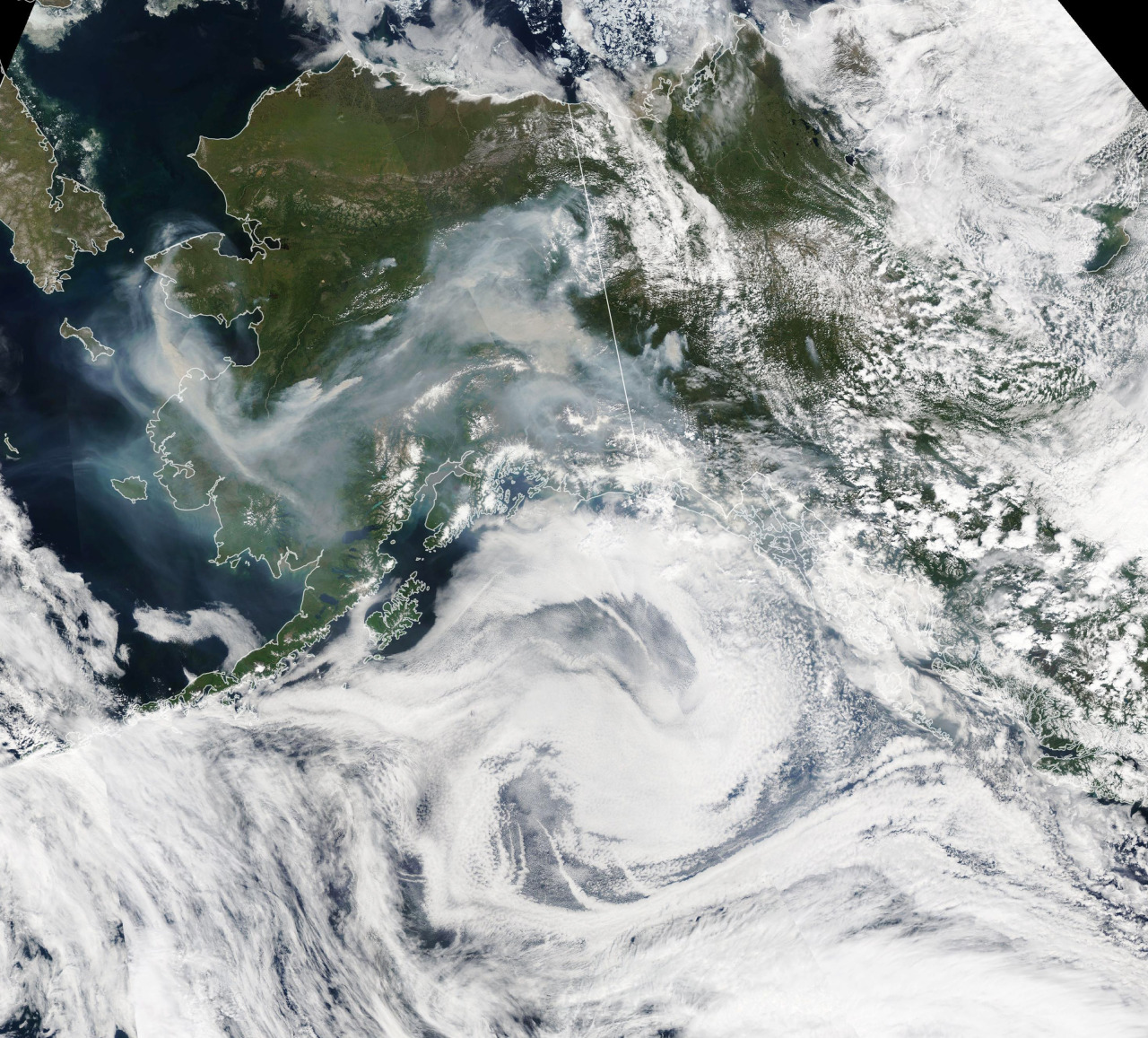
Climate change is already here. But there's still a chance to minimise its impact, and climate scientists maintain the best way to do that is through reducing carbon emissions.
If we don't, we can only expect more records like these to be broken in the years to come.
